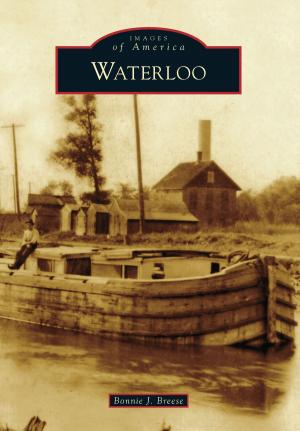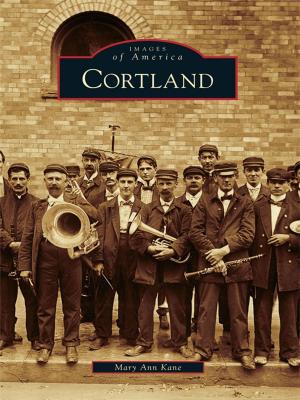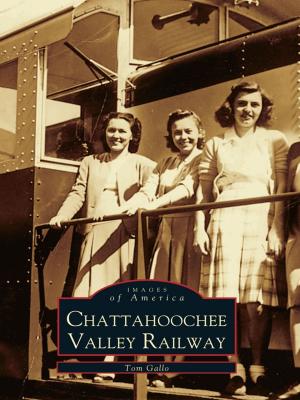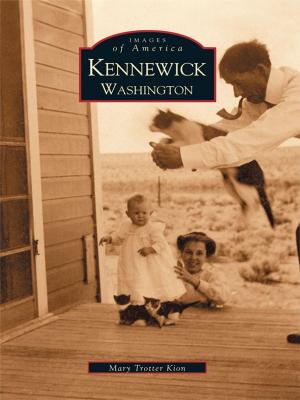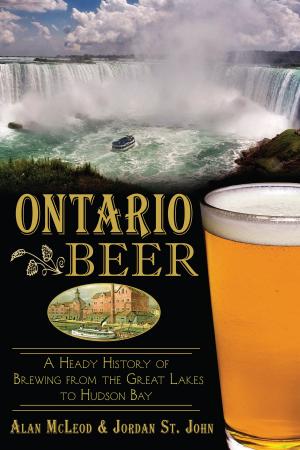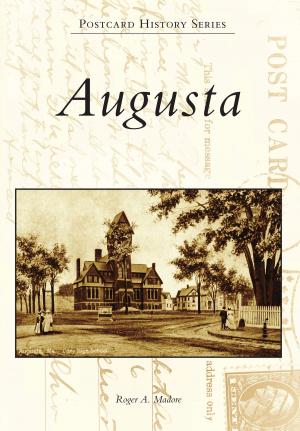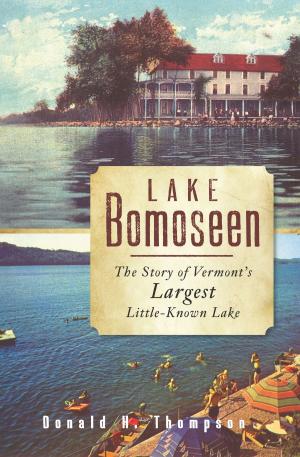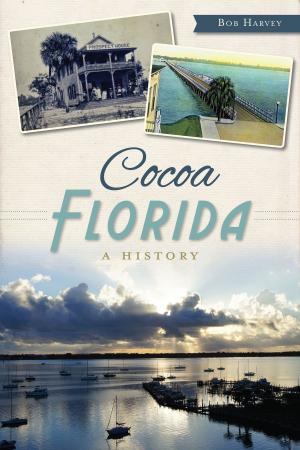Myrtle Point and Vicinity
1893-1950
Nonfiction, Travel, Pictorials, Art & Architecture, Photography, History| Author: | Chuck King, Linda Kirk, Carolyn Prola, Mary Ellen Robertson | ISBN: | 9781439642979 |
| Publisher: | Arcadia Publishing Inc. | Publication: | April 21, 2014 |
| Imprint: | Arcadia Publishing | Language: | English |
| Author: | Chuck King, Linda Kirk, Carolyn Prola, Mary Ellen Robertson |
| ISBN: | 9781439642979 |
| Publisher: | Arcadia Publishing Inc. |
| Publication: | April 21, 2014 |
| Imprint: | Arcadia Publishing |
| Language: | English |
The town of Myrtle Point, incorporated in 1887, was platted in a grove of myrtle trees on a point of land overlooking the South Fork of the Coquille River. Ten years after incorporation, Myrtle Point was a thriving commercial hub of 600 people. It had a riverboat landing, two hotels, and streets lined with churches, businesses, houses, and barns. This book begins in 1893, a landmark year when the telephone and the train both arrived in Myrtle Point. It ends in 1950, a time of prosperity for loggers and farmers in southwestern Oregon and for the enterprises in Myrtle Point that served them. Family photographs, many published here for the first time, reveal glimpses of a world where logging was king; the Coos County Fair was the biggest event of the year; and, early on, farm families traveled by horse team and riverboat to shop in a bustling Myrtle Point.
The town of Myrtle Point, incorporated in 1887, was platted in a grove of myrtle trees on a point of land overlooking the South Fork of the Coquille River. Ten years after incorporation, Myrtle Point was a thriving commercial hub of 600 people. It had a riverboat landing, two hotels, and streets lined with churches, businesses, houses, and barns. This book begins in 1893, a landmark year when the telephone and the train both arrived in Myrtle Point. It ends in 1950, a time of prosperity for loggers and farmers in southwestern Oregon and for the enterprises in Myrtle Point that served them. Family photographs, many published here for the first time, reveal glimpses of a world where logging was king; the Coos County Fair was the biggest event of the year; and, early on, farm families traveled by horse team and riverboat to shop in a bustling Myrtle Point.

